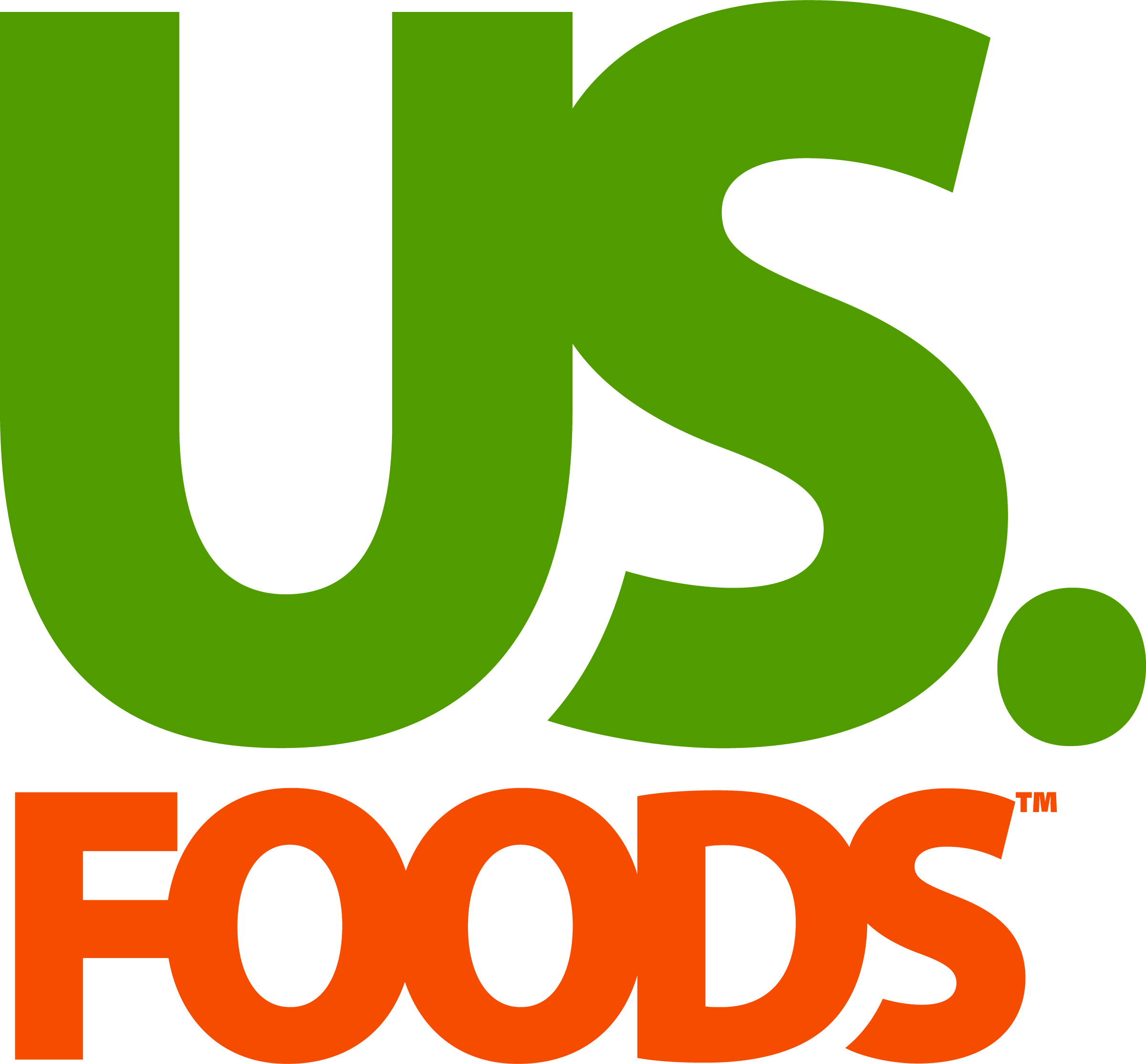It is important to understand that both federal and state laws apply to restaurants, bars, and lodging establishments. For smaller businesses, which are defined differently under federal employment laws (e.g., generally employers with less than $500,000 in gross annual sales under wage and hour laws; or employers with fewer than 15 employees under nondiscrimination laws, etc.), generally only state laws apply. This is called the small business exemption. However, any person who works on or otherwise handles goods that are moving in interstate commerce is individually subject to the minimum wage and overtime protection of the FLSA. For example, a waitress or cashier who handles a credit card transaction would likely be subject to the Act.
In most cases, when two laws apply, the one most beneficial to the employee is the one to follow. Therefore, except for certain areas (e.g., pension benefits), in most cases, even if an establishment falls under federal guidelines, the state law should be followed when it benefits the employee more.

